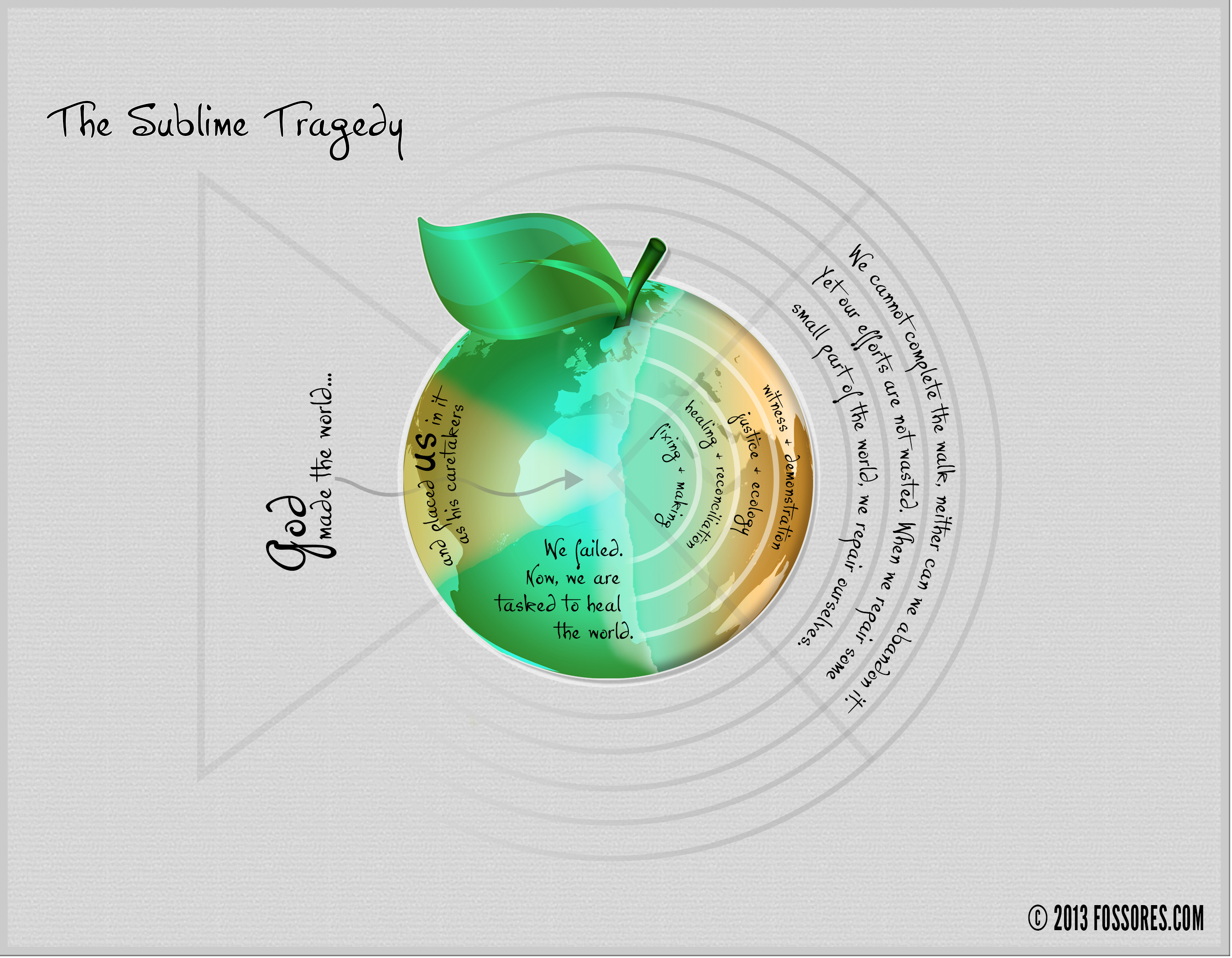“Everyone can be great, because everyone can serve.”
– Martin Luther King Jr.
“Only a life lived for others is a life worthwhile.”
– Albert Einstein
“He who wishes to secure the good of others has already secured his own.”
– Confucius
Heidi Lepper, PhD, did her doctoral research on happiness. Do you know what she discovered? The single best predictor of human happiness is purpose, and that purpose is most enhanced when it is defined in service to others.
Did you catch that?
If you want to be happy—statistically—then you’ve got to care more about others’ happiness than your own. You’ve got to learn that it is better to give than to receive, that only by laying down your life will you find it, that if you want to come in first you ought to make sure everyone else gets there before you do.
Sound familiar?
You were made to cooperate with God in the redemption of the world. When you do that, you’ll experience the joy of his salvation. You’ll get caught up in divine drama. Your efforts to shadow God will produce profound transformation not only around you but in you as well.
We do what’s right and good and noble and holy because God directs us to love others and serve others. But why aren’t we just supposed to look after ourselves? Because we can’t. We need each other. Our cooperative efforts make the world a better place. Looking after each other means we will flourish together. Like Jack Shepherd says, “if we can’t live together we’re gonna die alone.” The more we benefit others, the more we experience the joy of seeing their joy. Helping others is inherently rewarding, to say nothing of the fact that—eventually—I’ll need their help in return.
Helping others is at the root of our human operating system. That’s how we’ve been made. We’re stewards of the earth and shadows of God. When we look after one another, we emulate our Creator and in so doing we come to understand him as well.
We help one another because the deeds we choose to do demonstrate to the world that neither God nor his people have abandoned humanity. We’re in it for the long haul. We’re committed. We’re the people who bring good news by being good news.
The prophets warned us about a rift between being holy and being good. Being holy means having a right relationship with God. We serve him. Being good means having a right relationship with others. We serve them too. But sometimes we tend to favor one manner of service over the other. Some of us like to do holy things while ignoring the world around us. But that’s not good. Others like to ignore God while tending to more earthly matters. But that’s not holy—or, if you’ll forgive the pun—wholly our calling.
We must love God and our neighbor, keeping both our holiness and our goodness intact as key priorities of our humanity.
And these virtues manifest in four major categories:
1. Fixing and making—this is creative work. As shadows of God, our truest expression of his image occurs whenever we’re making something new or fixing something broken. God is a Creator, and we’re most like him when we create. This creativity can be expressed through art, through innovation, through engineering, through industry, etc. The applications and venues are innumerable, but the core is always making and fixing, fixing and making.
2. Healing and reconciliation—this is relational work. God is a being in relationship with himself—Father, Son, and Spirit are One, and we are invited to become One with him. We need to heal broken relationships and build bridges between estranged peoples. This can be micro work—helping a husband and wife through marital difficulties—or macro work—negotiating peace between ethnic tribes. But the clear call of God requires us to broker peace between one another.
3. Justice and ecology—this is global work. We must do everything we can to redress the oppressive circumstances of under-resourced peoples and to right the wrongs done to our planetary home. To be fair, this is the work where it feels like we make the least difference. We cannot repair the ozone layer, and neither can we eliminate poverty. But that doesn’t mean we shouldn’t try. God’s answer to the problem of evil is us—you and I were meant to kick start a revolutionary way of being human that both honors the poor and conserves the planet.
4. Witness and demonstration—this is faithful work, meaning work that is full of faith. Not only are we called to verbally witness and testify about the goodness of God, but we are also called to demonstrate lives touched by that goodness so others can see and know and enjoy the benefits of serving God. We heal the world through our own healing; we become signposts of new creation; we are living billboards testifying that—yes!—God does look after those that love him.
To read the first part of this series, click here. For the second part, click here.
fossores
Related posts
Categories
Category Cloud
Tag Cloud
Recent Posts
- Victors and Victims November 6, 2018
- 3 Hacks for Happiness October 29, 2018
- Hope Against Death September 20, 2018
- The Shape Of The Cross September 19, 2018


